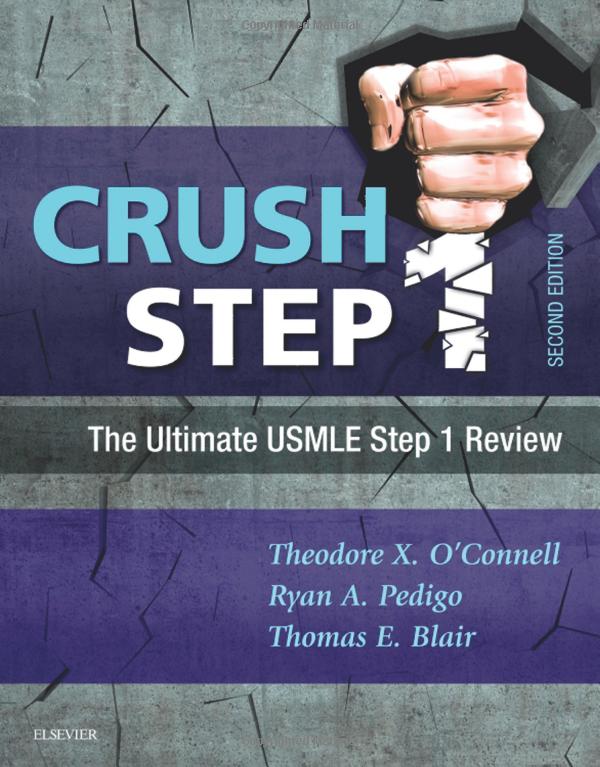A 29-year-old woman presents to her physician a complaint of fatigue for the last 3 weeks. She reports a mild febrile upper respiratory illness that resolved on its own about 4 weeks ago. Over the last few weeks, she has felt increasingly more fatigued. Upon further questioning, she notes morning joint stiffness in both of her hands that resolves after a few minutes. She denies any feelings of depression or anhedonia. Her past medical history is significant for two miscarriages. The only medicine she takes is acetaminophen for occasional headaches. Vital signs are within normal limits. Physical examination reveals mild conjunctival pallor, a morbilliform eruption with erythema, and edema of the hands that spares the joints.
Which of the following tests is most specific for this patient's most likely underlying condition?
A) Anti-double stranded DNA antibody assay
This patient most likely has systemic lupus erythematosus (SLE). Like most autoimmune diseases, it is most common in women of childbearing age. Fatigue is a very common initial symptom of SLE. It is also important to recognize that environmental factors, such as viral infections, may be initial triggers of SLE and can also exacerbate symptoms related to SLE. Other findings in this patient consistent with the diagnosis of lupus include morning joint stiffness and conjunctival pallor indicating anemia. A strong indicator of SLE is the description of the patient's morbilliform rash. While this may not be the classic malar rash associated with SLE, this describes the discoid-type rashes that can also appear with SLE. The index of suspicion for SLE is also raised by the patient's history of multiple miscarriages, which can indicate an anti-phospholipid syndrome common in patients with SLE. Testing for SLE includes antibody titers. Anti-double stranded DNA (anti-dsDNA) antibodies are the most specific test for SLE.
Answer B: Antinuclear antibody assay, is incorrect. Antinuclear antibody (ANA) assays are very sensitive for lupus, but are not specific.
Answer C: Anti-SS-A antibody assay, is incorrect. Anti-SS-A antibody assay can be used to help diagnose SLE but is less specific because it is also positive in patients with Sjogren syndrome.
Answer D: Anti-streptolysin O antibody assay, is incorrect. Anti-streptolysin antibody assay is used to help diagnose rheumatic fever.
Answer E: Rheumatoid factor, is incorrect. Rheumatoid factor and anti-cyclic citrullinated peptide (CCP) antibodies are used to help diagnose rheumatoid arthritis, though both tests are negative on presentation in up to 50% of patients with RA.
Key Learning Point
The most specific test for systemic lupus erythematosus is measurement of serum anti-dsDNA antibodies.

